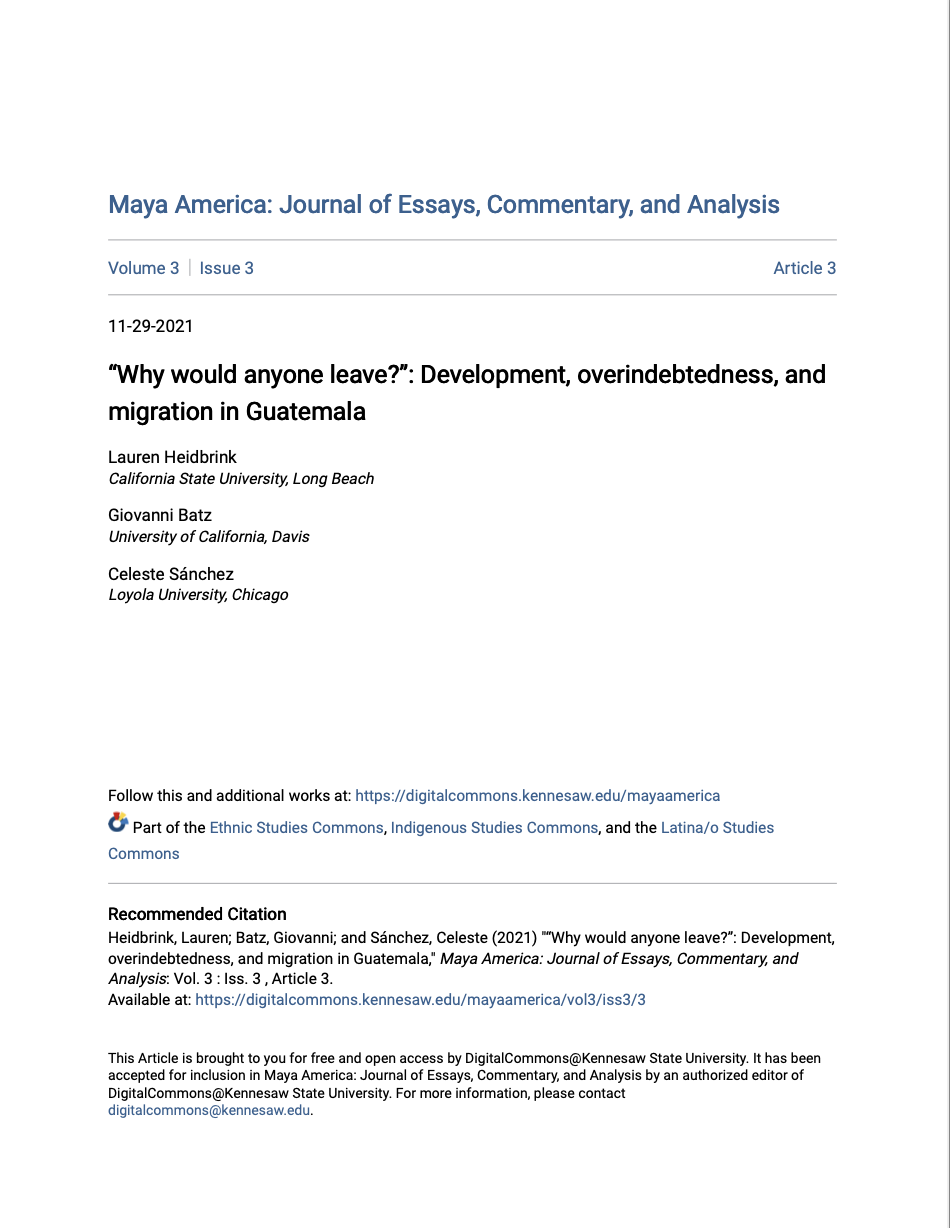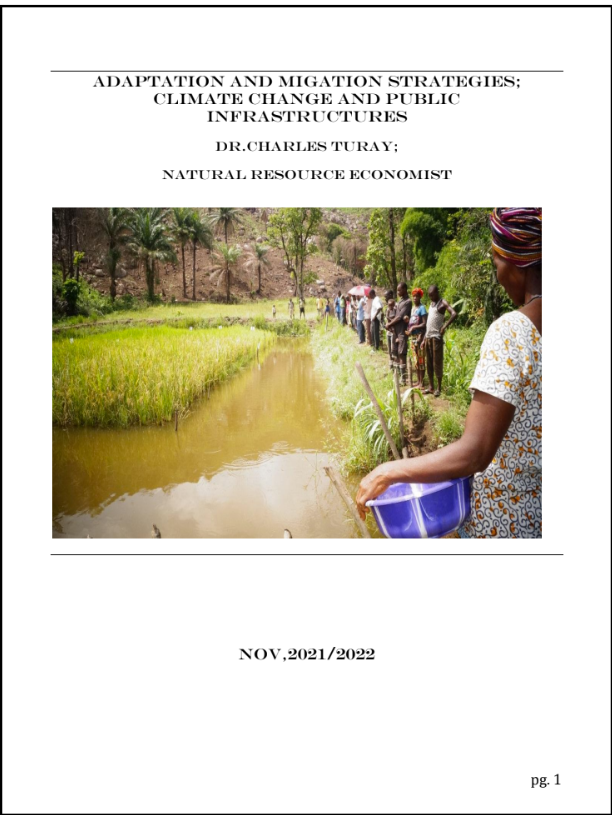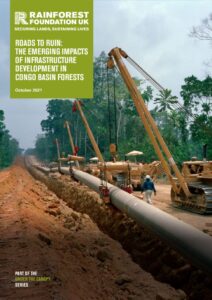Kenya: ClimBeR Inception Workshop Report
The CGIAR Initiative on Climate Resilience, ClimBeR, aims to transform the climate adaptation capacity of food, land, and water systems in Kenya and five other countries, ultimately increasing the resilience of smallholder production systems to withstand severe climate change effects like drought, flooding, and high temperatures.








